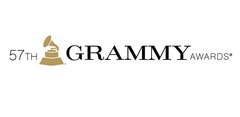
Today, the biggest names in the music industry will gather at the Staples Center for the 57th Grammy Awards. Two weeks later, the film giants of the world will congregate nine miles down the road for the 87th Oscars (aka the Academy Awards) at the Dolby Theater. While both of these award ceremonies will have a large variance in attendees, one attendee will be VIP at both - the IRS.
The reason for the IRS's attendance at both is due to another common guest of both ceremonies - Distinctive Assets. Since 1999 the company Distinctive Assets has put together gift bags which are handed out at both of these ceremonies. Today, the popularity and value of these gift bags has skyrocketed. A gift bag at the Grammys this year is expected to be worth $25,000 and the Oscars gift bag is worth $168,000.
The reason for the IRS's attendance at both is due to another common guest of both ceremonies - Distinctive Assets. Since 1999 the company Distinctive Assets has put together gift bags which are handed out at both of these ceremonies. Today, the popularity and value of these gift bags has skyrocketed. A gift bag at the Grammys this year is expected to be worth $25,000 and the Oscars gift bag is worth $168,000.

It may seem odd that receiving so many gifts would be a bad thing but tax officials considers those gift bags to be income and taxes them according to the fair market value of the gift bag. Since this “income” will be “earned” in Los Angeles, CA both the IRS and California’s FTB will tax these gift bags up to 39.6% and 13.3%, respectively.[1]
This means if you are a lucky recipient of a gift bag you could owe $13,225 in taxes for a Grammys gift bag and $88,653 in taxes for an Oscars gift bag.
This equates to a big day for taxing authorities. Approximately 121 individuals will receive an Oscars gift bag and approximately 473 individuals will receive a Grammys gift bag. For the IRS and California FTB that equals a $6.26M payday from the Grammys and a $10.73M payday from the Oscars. [2]
The IRS isn't shy about announcing their presence at these award shows either. Since 2006, the IRS and AMPAS reached an agreement that requires the Academy Awards to include with the gift bags any applicable tax forms as a reminder of the tax due.
The actors and actresses aren't at a total loss; they can follow George Clooney’s footsteps and donate their gift bag to charity and receive a tax deduction for doing so. However, given the amount of income movie and music stars make, it is unlikely they will be able to utilize much of that tax deduction.
This equates to a big day for taxing authorities. Approximately 121 individuals will receive an Oscars gift bag and approximately 473 individuals will receive a Grammys gift bag. For the IRS and California FTB that equals a $6.26M payday from the Grammys and a $10.73M payday from the Oscars. [2]
The IRS isn't shy about announcing their presence at these award shows either. Since 2006, the IRS and AMPAS reached an agreement that requires the Academy Awards to include with the gift bags any applicable tax forms as a reminder of the tax due.
The actors and actresses aren't at a total loss; they can follow George Clooney’s footsteps and donate their gift bag to charity and receive a tax deduction for doing so. However, given the amount of income movie and music stars make, it is unlikely they will be able to utilize much of that tax deduction.
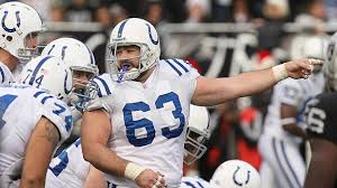
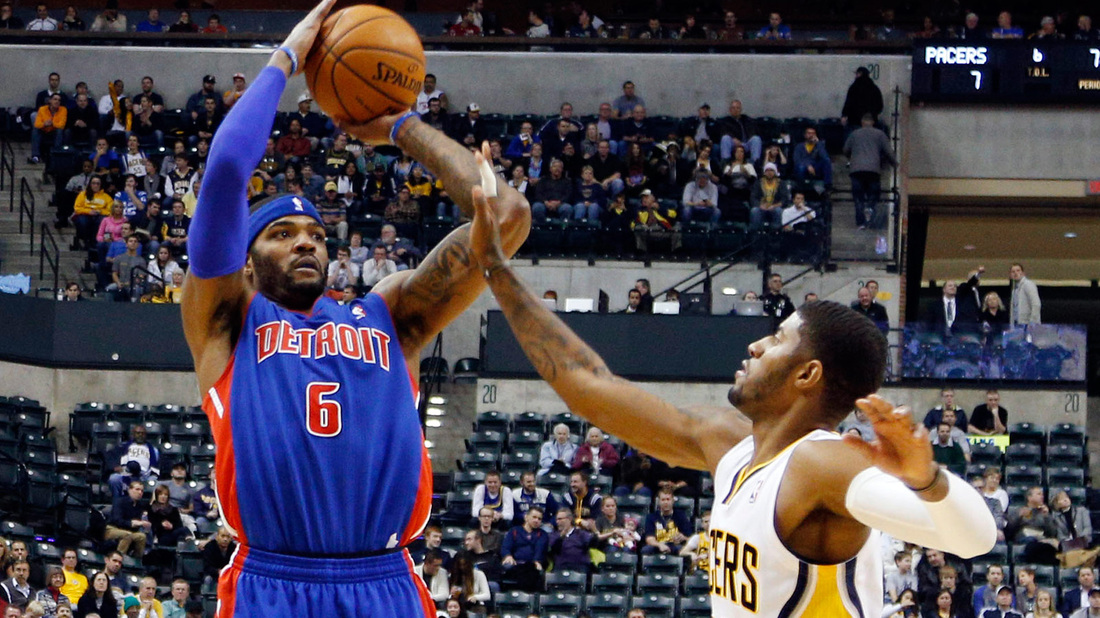

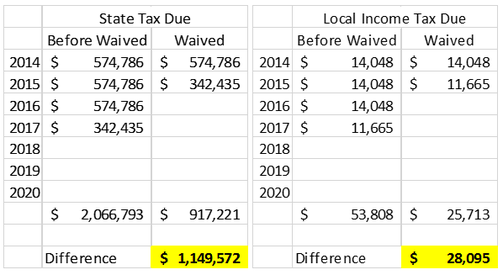
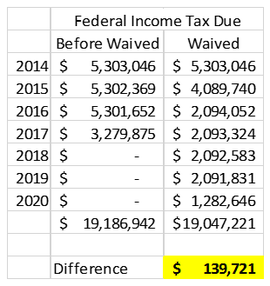
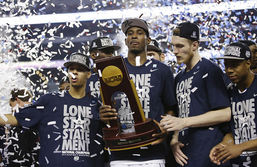
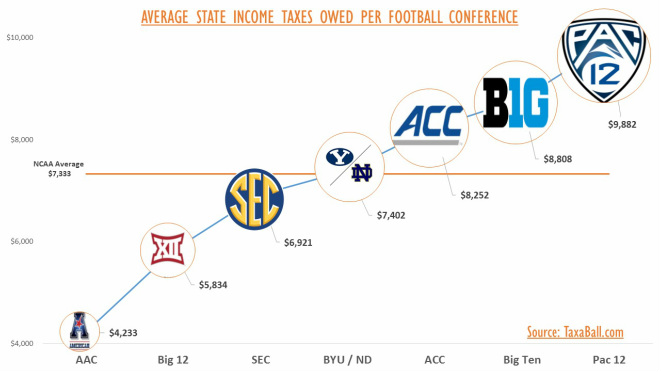
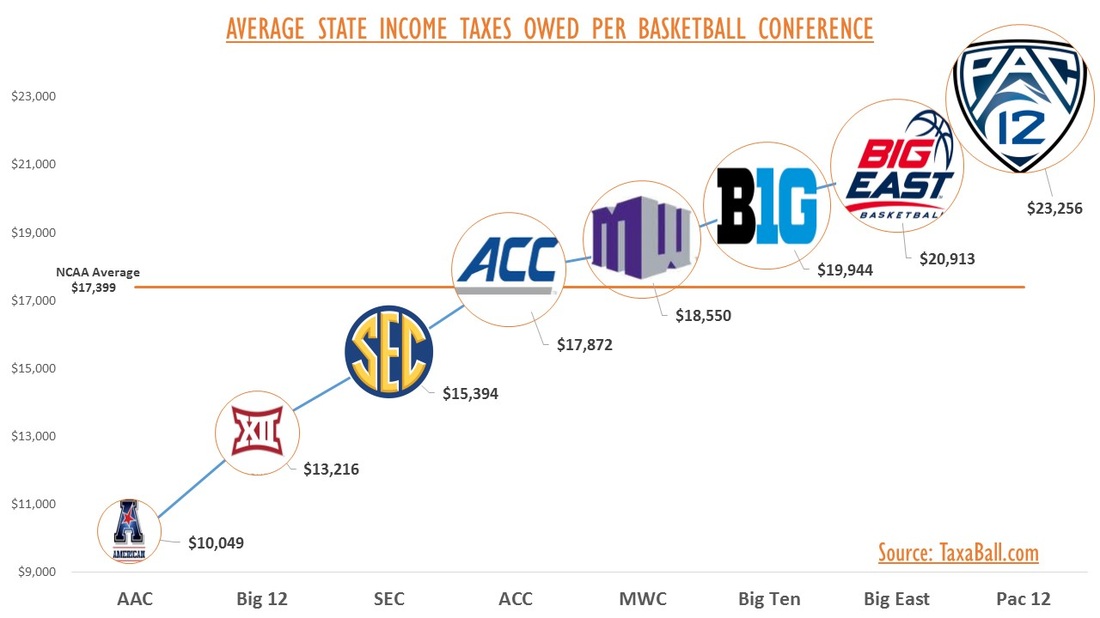
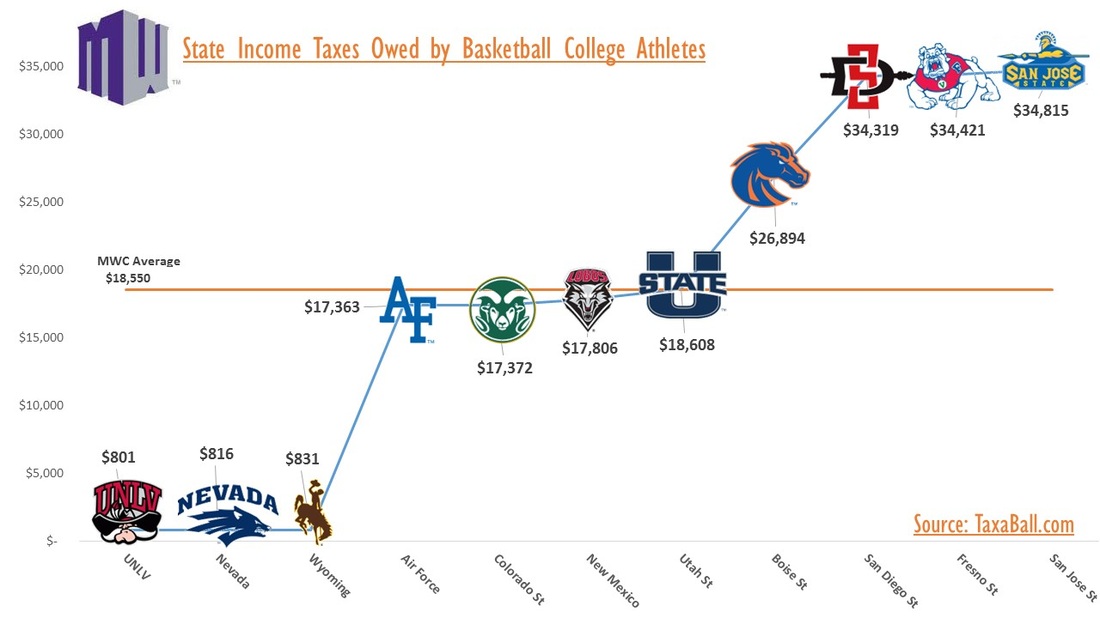
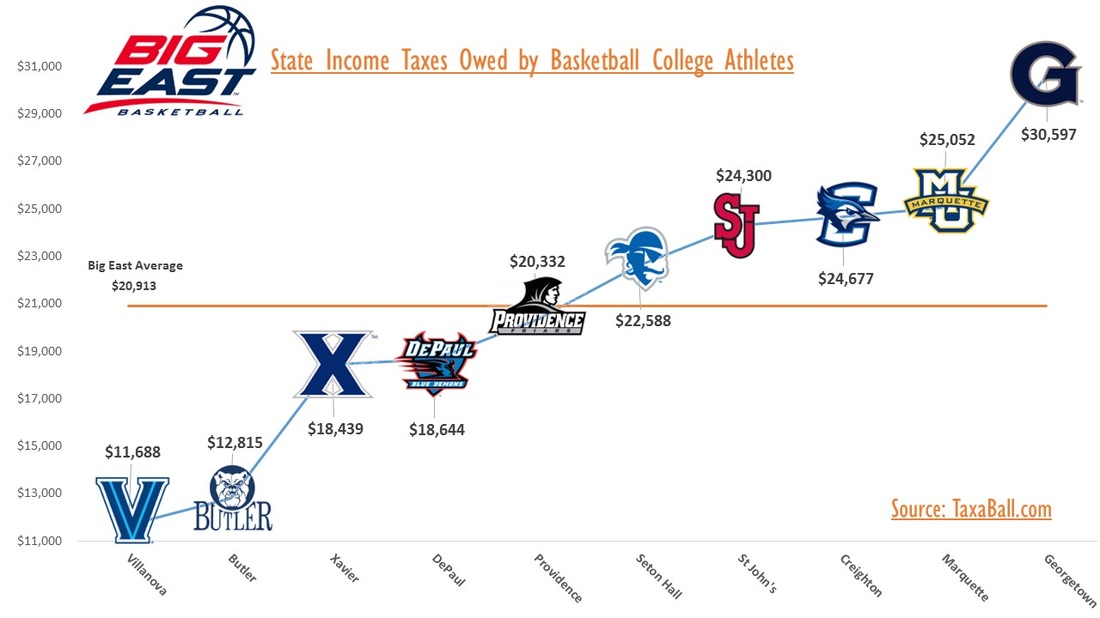
 RSS Feed
RSS Feed